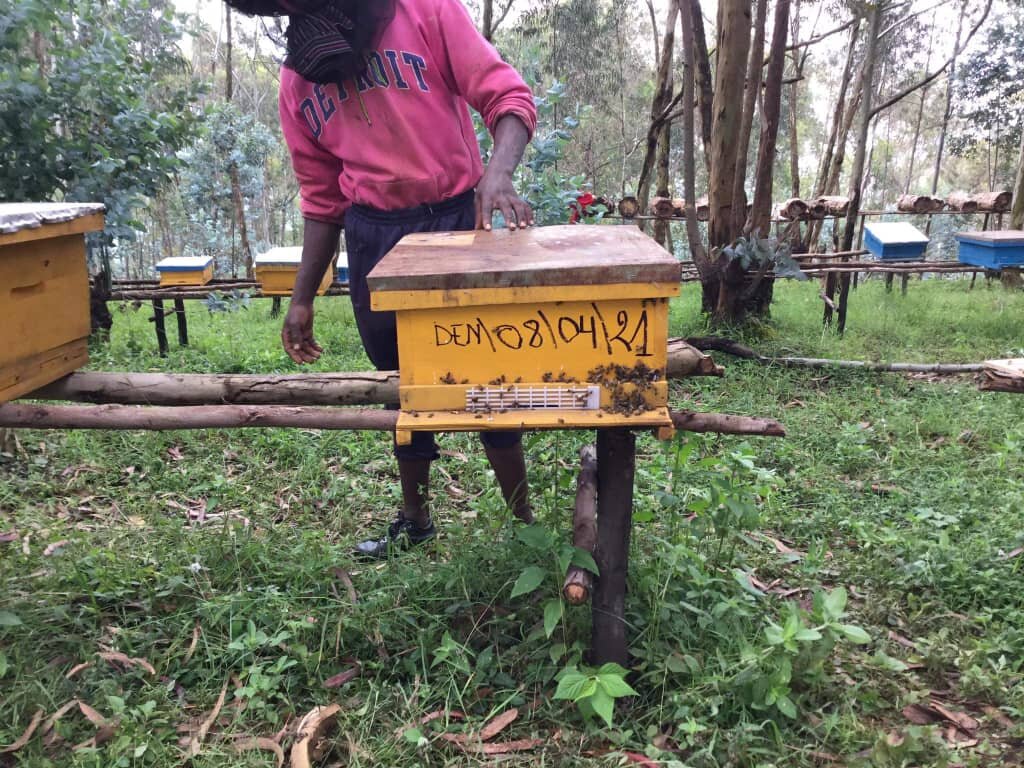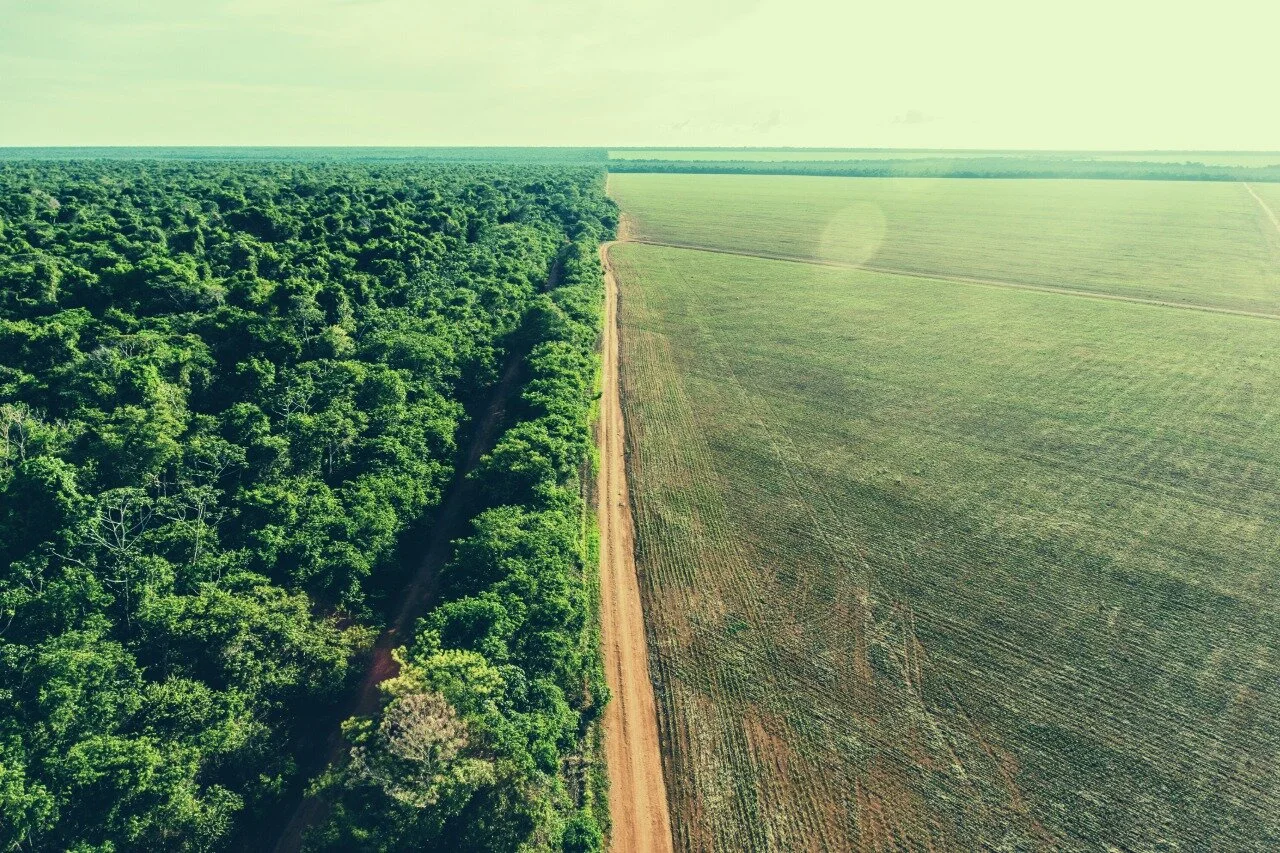The combination of nature-based solutions and nature-based tourism presents an economic, livelihood, climate positive, and a non-formal method in promoting the multi-use and benefits of nature. This blog will discuss what nature-based tourism is, its benefits and our role as youth in promoting it.
July #Y4nSpotlightSeries with Munduru Mwajuma
What Does Resilience Look Like During Our Current Hurricane and Wildfire Season?
While natural disasters can be unpredictable, especially as climate change continues to increase the frequency and intensity of extreme weather patterns and events, there are actions that we can take as individuals and communities to increase our resilience. This blog shares some information about natural disasters in our home country of the United States, dives into stories of disaster adaptation from youth across North America, and builds your capacity for resilience through preparation and US-specific political action.
5 ways youth in Europe can combat climate change: the Spring of Hope
Youth is facing many barriers to meaningful engagement with climate and nature. The Spring of Hope campaign aimed at showing that climate action is for everyone.
From green entrepreneurship, to listening the sounds of nature, these tips will help youth in Europe learn how to engage further with climate and how to protect biodiversity.
Summary: IPBES-IPCC Co-Sponsored Workshop Report on Biodiversity and Climate Change
On June 10, 2021 the IPBES and IPCC released their first ever collaborative report highlighting that, not only are the climate crisis and biodiversity loss are interlinked, but that we cannot address one without the other, and that work needs to centre human wellbeing.
These reports can be long and technical, so we’ve read through and summaries the most important takeaways for you.
Ariedy: Perspectives in Nature & Climate
If nature could speak, what would it say? A message from Tampere, Finland
May Spotlight with Sarah | #Y4NSpotlightSeries
The Ajyal Podcast series #1: Climate justice in West Asia
Welcome to the Ajyal Podcast, a new podcast hosted by Y4N Regional Director for West Asia, Rayan Kassem, aiming to highlight and discuss youth priorities, perspectives, concerns and expertise related to nature and climate in the region. Over the coming months we will be releasing three mini series as part of the Ajyal podcast and we’re starting next week with series #1: Climate Justice in West Asia!
World Bee Day 2021: Bees of Africa
We commemorate World Bee Day by recognising the functions of bees in food systems, community livelihoods and a balance in biodiversity. And in line with this year's theme, Bee Engaged, we highlight some practical actions for bees and pollinators, and things you can do to ensure their conservation, in Africa and the world over!
10 Ways Arab youth can get involved in the nature and climate space
Young, Leading and Inspiring
On the shores of Lake Victoria, Michelle and her younger brother Jeremy set out to co-found Bring Back the L.Victoria. With a vision to restore the lake to it’s pristine condition, Bring Back L.Victoria started as a campaign to rid the lake ecosystem of plastic waste and to create a thriving haven for biodiversity and communities once again. On our April edition of the #Y4NSpotlightSeries, we hosted a
UNEMG Gender and Biodiversity Nexus dialogue
“Women and girls are critical to unlocking a planet within which people can thrive.” Benjamin Schachter, a Human Rights Officer and a focal point on climate change and the environment at the Office of the United Nations High Commissioner for Human Rights (OHCHR). Tracing back…
Join Sarah at the 2021 UN Permanent Forum on Indigenous Issues (UNPFII)!
Being labelled as an educational forum for YDC, I knew incorporating Youth4Nature would be instrumental in my own participation. As an Indigenous youth, education is a two way exchange where both myself and the organizations I work with must benefit. My work at Youth4Nature has been focused on Indigenous engagement to both honour my roots, but also to help create better spaces for Indigenous youth to share how important nature and climate are to us as Indigenous Peoples. Being young…
A Unified Youth Voice on Nature-based Solutions
The lack of a universally agreed upon definition of Nature-based Solutions, and the stemming concerns about human rights and missing biodiversity safeguards, are gaining traction. So the Global Youth Biodiversity Network, Youth4Nature and YOUNGO are joining forces to do something about it - we’re launching a much-needed by-youth and for-youth discussion and consultation on "nature-based solutions”. The work starts today.
The Yemeni Society: Neglecting the Oil Spill or Neglecting the Environment?
Beside the current humanitarian catastrophe in Yemen, Yemeni society also faces a serious environmental issue concerning the SAFER Floating Storage and Offloading (FSO) which is located approximately 4.8 nautical miles off the country’s coast. It contains nearly 1.14m barrels of crude oil and the lack of maintenance is creating the conditions for the most damaging ecological disaster in the region and the world, with the potential to quadruple the amount of oil spilled during…
Venezuela: Concrete Beaches in Oil Seas | Venezuela: Playas de Concreto en Mares de Petróleo
Reflect with Us: State of Pollinators in Polluted Environments
Have you ever wondered what the fate of pollinators -mostly bees- is in polluted environments? Are bees really on the rise, or on a deep decline? What are the drivers, and what are the experiences like, for farmers who spent most time with these little friends? This is what we embarked on during our second webinar in the Pollinators for our Survival series. Gathered from…
Examples of communities reliant on forest ecosystems
The role of forests in enhancing sustainable conservation and utilisation of wildlife resources
Forests are among the most complex ecosystems in the world, supporting many layers of life, from canopies, to undergrowth, to the microbial life at the bottom floor of the forests. Additionally, forests have strong historical, social and cultural attachments, developed over centuries, for adjacent communities.

























